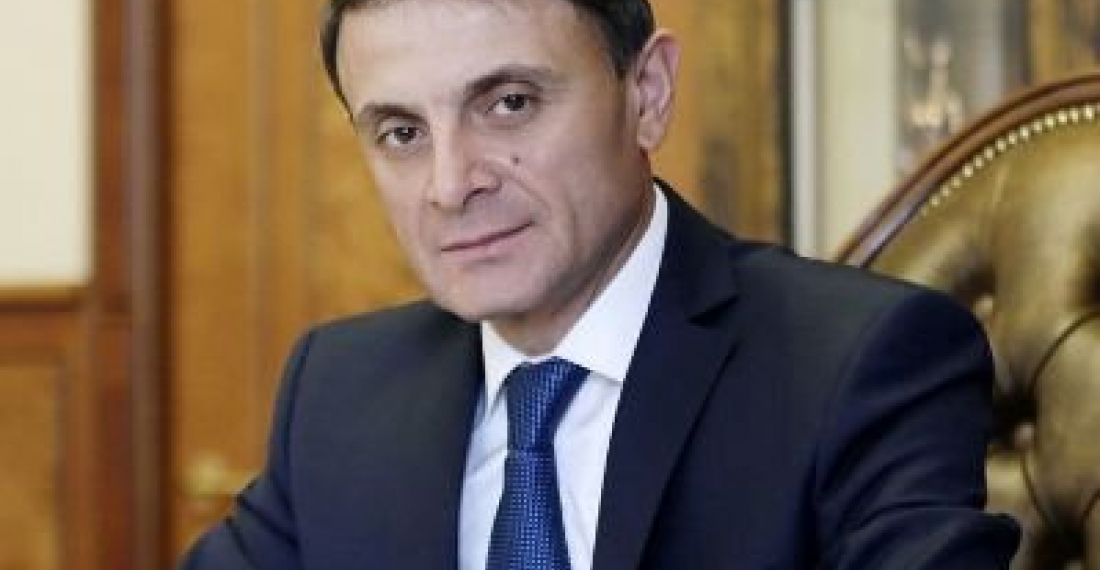There are reports of more turmoil in Armenia's security sector. Sections of the Armenian media on Wednesday (18 September) reported that the head of the Armenian Police Service, Valeriy Osipyan has resigned, although the news could not be officially confirmed.
Armenian News - News.am service said Osipyan wrote his resignation letter after a meeting of the Armenian National Security Council held under the chairmanship of Prime Minister Nikol Pashinyan on Tuesday.
On Monday, the Head of the Armenian National Security Service announced that he had resigned. read more
Speaking at the start of the National Security Council Meeting, prime minister Pashinyan was quoted by the semi official Armenpress news Agency as saying that " as regards the security environment around the Republic of Armenia we can record that the events and developments are taking place within the framework of forecasts and assessments, which means that we are basically adequately assessing the security situation, the environment's development, and which in turn means that our preparations and works regarding the improvement of Armenia's security situation and state structure's works are tantamount to ongoing developments, which is very important."
Reports in the Armenian media speculate that there may be further resignations in the law and order and security sectors as heads of services are dismissed or reshuffled.
source: commonspace.eu with agencies
photo: Head of the Armenian Police, Valeriy Osipyan (archive picture)







